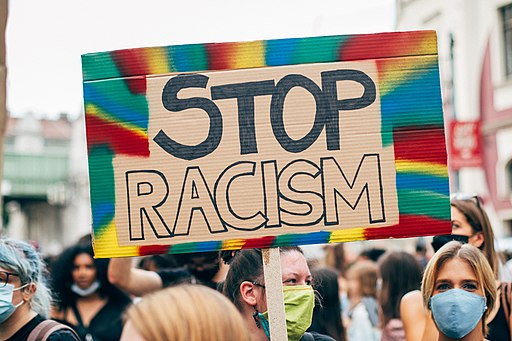Search
Court rules its ok for a winery worker to wear “Cellar Lives Matter” apparel.

Ivan Radic, CC BY 2.0, via Wikimedia Commons
Imagine a non-union widget factory in which widget makers want to unionize. As part of the unionizing campaign, one of the widget makers decides to wear a vest on which he writes “Widget Lives Matter.” Management is concerned that this vest is racially insensitive, will foster employee dissension, and potentially become a PR nightmare. So, it orders the employee to remove the vest.
Is this legal?
Apparently not, said an administrative law judge, the National Labor Relations Board, and, most recently, the Seventh Circuit Court of Appeals in this opinion.
Here’s why.
While employees may wear union insignia at work, that right is not absolute. The employer bears the burden of showing that special circumstances exist to warrant the removal of the union apparel.
At the Seventh Circuit, the employer, a winery, argued that an employee should not be allowed to wear a vest that read “Cellar Lives Matter” because it was racially insensitive and the employer must prevent such discriminatory behavior in the workplace.
However, the appeals court saw “no evidence that the slogan criticized or degraded anyone of any race or, even more specifically, the Black Lives Matter movement or mission.” Plus, the appellate court noted the ALJ’s finding that the two-week period during which the employee wore the vest was “uneventful and unremarkable.” Apparently, it was just a catchy slogan which the ALJ viewed as “an appeal for respect and recognition …[rather than] an appeal to prejudice or disparage a civil rights group.”
Translation: intent does matter in this situation, which goes against everything that we are taught regarding discrimination in the workplace. Generally, we focus on the impact that behavior has on the victim rather than what motivated the actor.
This decision leaves me flummoxed. I’m with the employer here, which insisted that it was “obvious” that the “Cellar Lives Matter” slogan is racially insensitive, would exacerbate employee dissension, or otherwise unreasonably interfered with its public image.
Unfortunately, however, I’m not the one with the black robe and gavel.
Still, more often than not, I’d rather deal with an unfair labor practice charge than a charge of discrimination.
 The Employer Handbook Blog
The Employer Handbook Blog


